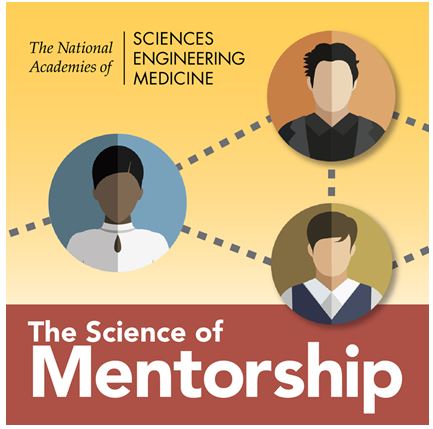On this page you will find a range of resources from other organisations that give more insight into Culturally Responsive Mentoring
Videos
To improve mentoring relationships and support the persistence and success of trainees from historically underrepresented individuals in science, the National Research Mentoring Network in the US created a two-part video series on iBiology exploring culturally aware mentoring. In the first video, Byars-Winston and Crouse Quinn discuss how racism and a lack of cultural diversity awareness in mentoring relationships negatively impacts trainees from HU backgrounds. They offer concrete examples of how culturally aware mentor training helps individuals identify the personal assumptions, biases and privileges that may operate in their research mentoring relationships. In the second video, Byars-Winston and Crouse Quinn offer mentor training resources and strategies to help individuals become more culturally aware, and thus better mentors.
Podcasts
The National Academies of Sciences, Engineering, and Medicine have produced a podcast. In each episode you’ll hear the personal mentorship stories of leaders in academia, business, and the media, in their own words. By following the podcast you can learn how evidence-based mentorship practices can help develop the skills you need to engage in the most effective STEMM mentoring relationships possible. You can find the podcast on your regular podcast streaming service and on the organisation’s website.
Mentoring Guides
For over a decade the Science of Effective Mentoring in STEMM committee of the The National Academies of Sciences, Engineering, and Medicine, systematically compiled and analyzed current research on the characteristics, competencies, and behaviors of effective mentors and mentees in STEMM. From this research they developed an online interactive guide for mentoring practitioners to create and support viable, sustainable mentoring support systems. The report offers recommendations to encourage a shift away from a culture of ad hoc mentorship and toward a culture of intentional, inclusive, and effective mentorship in all institutional contexts.

